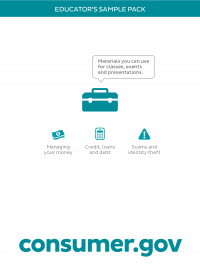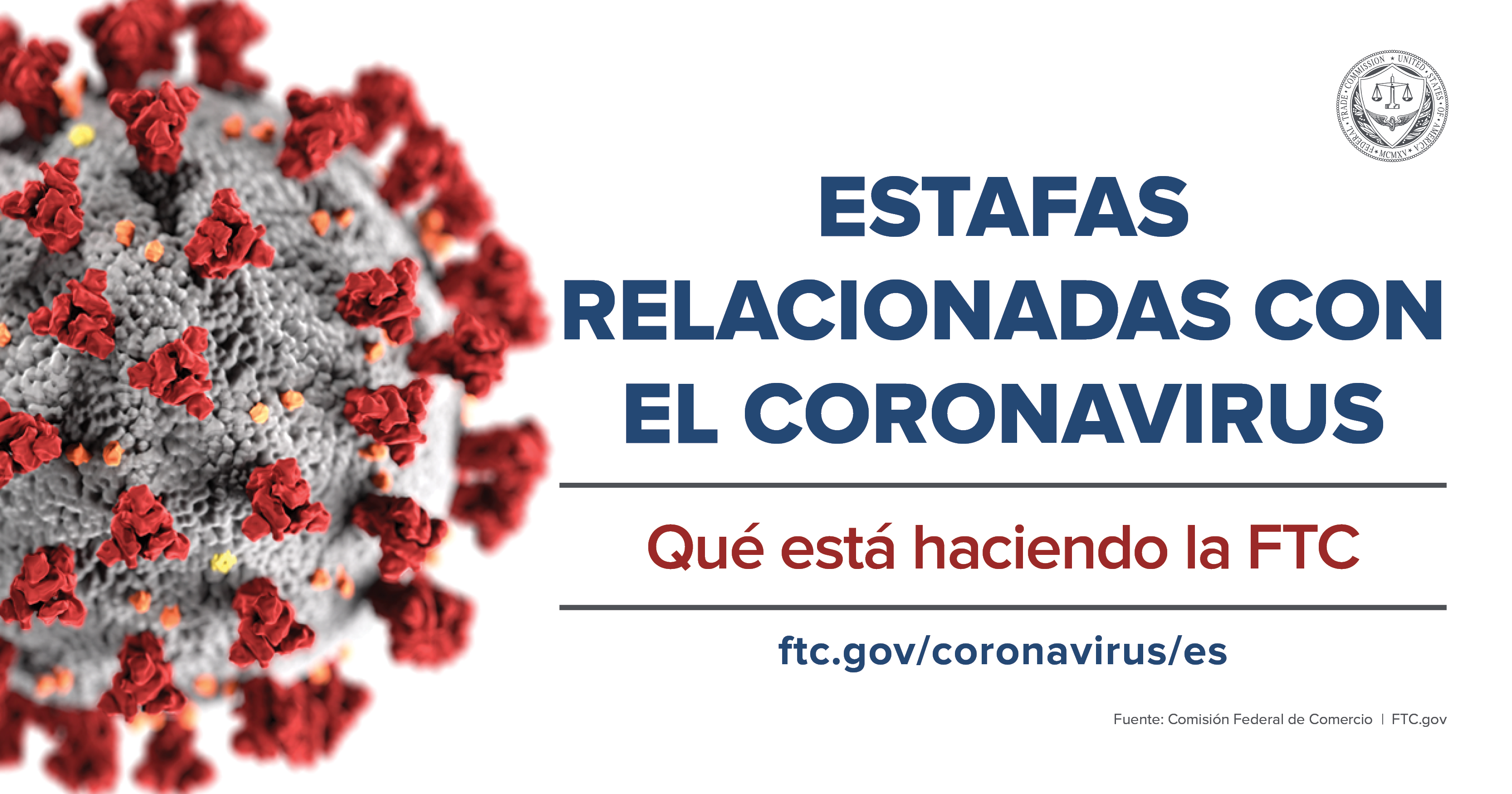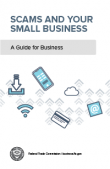Every year, Hispanic Heritage Month gives us a chance to reflect on the great contributions Latinos have made to society. To keep those contributions coming, it’s important to continue to do everything possible to protect Latinos from fraud. So let us take this opportunity to tell you about the resources we have for you — and tell you how to get them for free.
Free resources
 We created a series of fotonovelas to help raise awareness about scams targeting the Latino community. They cover work-from-home jobs that don’t pay, predatory yo-yo financing when you buy a car, fake debt relief programs, bogus debt collectors, and more.
We created a series of fotonovelas to help raise awareness about scams targeting the Latino community. They cover work-from-home jobs that don’t pay, predatory yo-yo financing when you buy a car, fake debt relief programs, bogus debt collectors, and more.
 Pass It On encourages older adults to talk to their friends, neighbors, and relatives about scams. Sharing what you know can help protect someone who you know from a scam. You can check out the articles, presentations, bookmarks, activities and videos in English at ftc.gov/PassItOn and in Spanish at ftc.gov/Pasalo.
Pass It On encourages older adults to talk to their friends, neighbors, and relatives about scams. Sharing what you know can help protect someone who you know from a scam. You can check out the articles, presentations, bookmarks, activities and videos in English at ftc.gov/PassItOn and in Spanish at ftc.gov/Pasalo.
 Consumer.gov and consumidor.gov offer consumer protection basics in a clear, direct style. The materials cover things like money, credit, debt, fraud, identity theft, and immigration. You can use them in language classes, financial literacy or life skills programs, workshops, and credit and debt counseling sessions.
Consumer.gov and consumidor.gov offer consumer protection basics in a clear, direct style. The materials cover things like money, credit, debt, fraud, identity theft, and immigration. You can use them in language classes, financial literacy or life skills programs, workshops, and credit and debt counseling sessions.
 Once Coronavirus and COVID-19 became national headlines, scammers followed. They’ve tried to rip people off or steal their sensitive information in different ways. See our Coronavirus Advice for Consumers or Las estafas relacionadas con el coronavirus to learn about their schemes and how to avoid them.
Once Coronavirus and COVID-19 became national headlines, scammers followed. They’ve tried to rip people off or steal their sensitive information in different ways. See our Coronavirus Advice for Consumers or Las estafas relacionadas con el coronavirus to learn about their schemes and how to avoid them.
 Scammers target small businesses and non-profit organizations. If you run a small business, check out Scams and Your Small Business: A Guide for Small Business or Las Estafas y Su Pequeño Negocio: Una Guía Para los Negocios to learn about those scams and what you can do to avoid them.
Scammers target small businesses and non-profit organizations. If you run a small business, check out Scams and Your Small Business: A Guide for Small Business or Las Estafas y Su Pequeño Negocio: Una Guía Para los Negocios to learn about those scams and what you can do to avoid them.
We have more than 80 publications in Spanish and you can get each one of them for free at bulkorder.ftc.gov.
Reporting scams
FTC research shows that Latino communities report less fraud than other communities. So it’s important to report the fraud you see. If you come across something you think is a scam, tell the FTC: ftc.gov.complaint.
Watch Why Report Fraud to learn how your report can help stop scammers.

